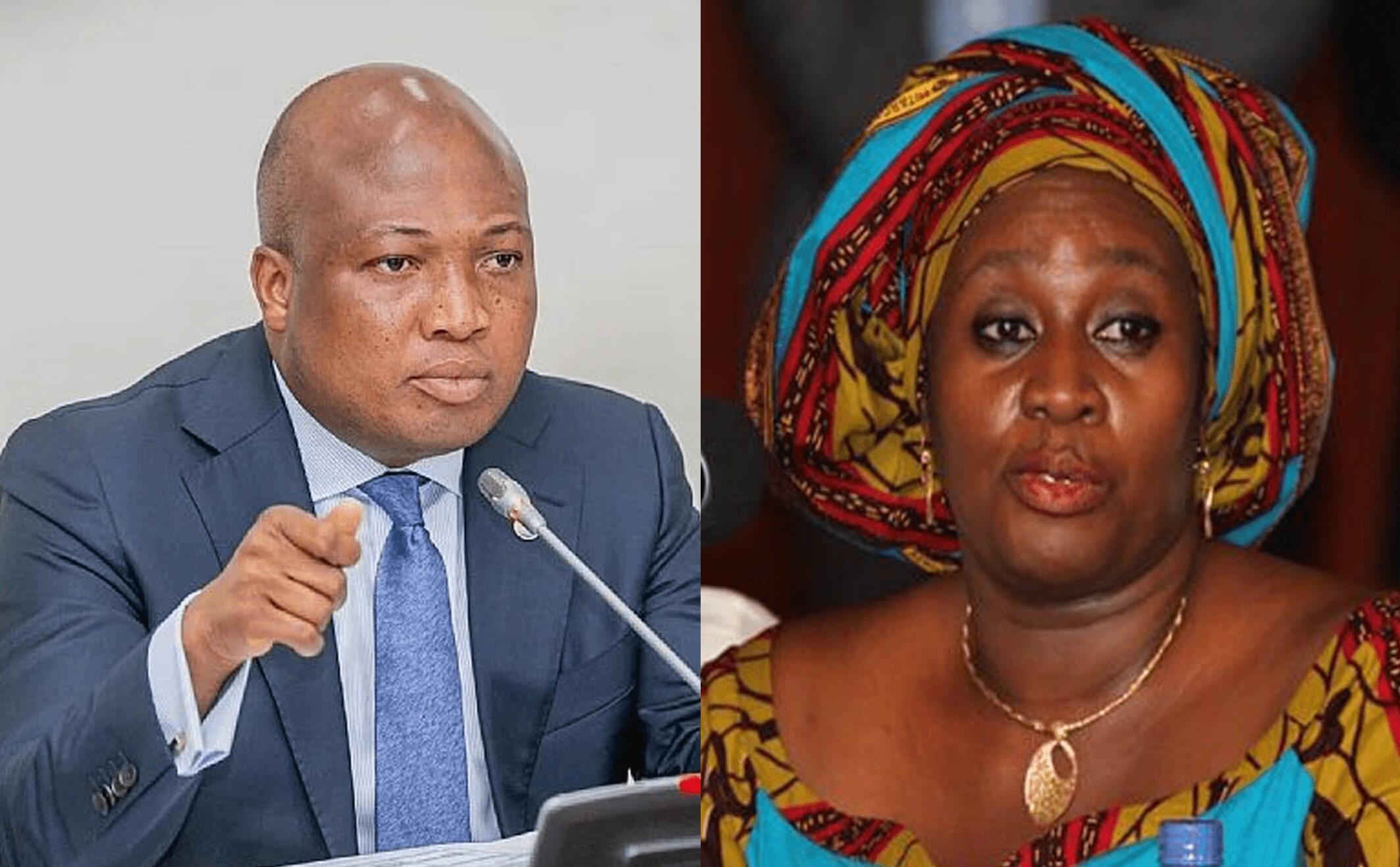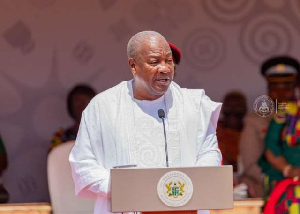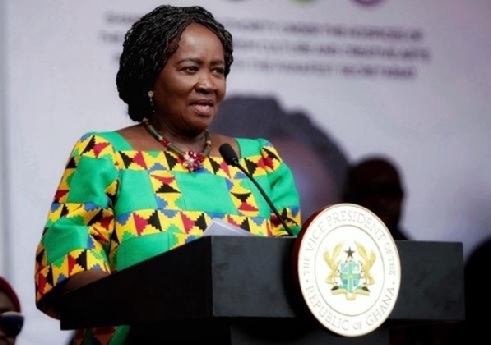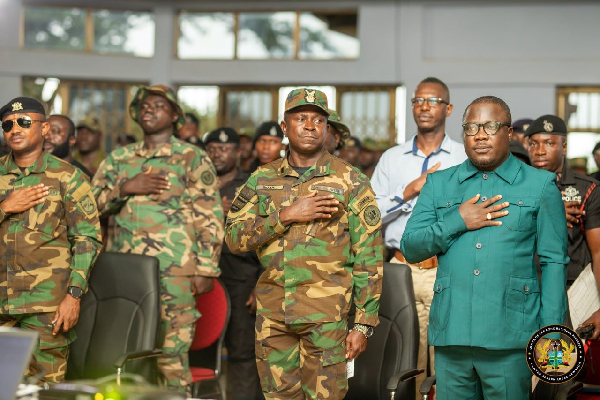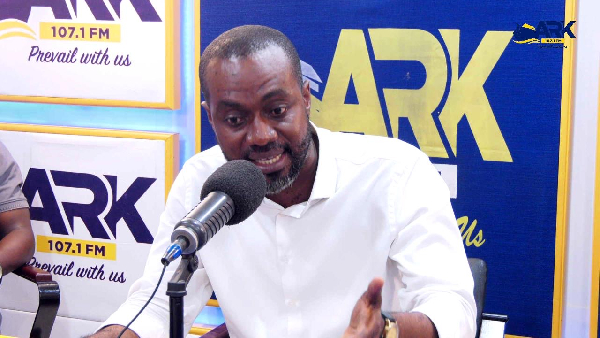German Chancellor Friedrich Merz has publicly acknowledged that Europe has historically relied heavily on the United States for its defence and security, agreeing with US criticisms of European underinvestment. Speaking on the BBC’s Today Programme, Merz stated, “We know we have to do more on our own and we have been free-riders in the past. They’re asking us to do more and we are doing more.” His remarks underscore a commitment to enhancing European defence capabilities amid rising geopolitical tensions.
During his visit to the UK, Merz aimed to reinforce defence cooperation between Germany and Britain through a newly signed bilateral friendship treaty. This historic agreement not only solidifies mutual defence commitments but also seeks to address irregular migration and promote youth exchanges, signaling a broadening of strategic partnership beyond security.
Russia’s ongoing war in Ukraine has heavily influenced the initial period of Merz’s chancellorship, alongside trade tensions with the United States. With former US President Donald Trump’s threat of imposing 30% tariffs on European Union exports looming from August 1, diplomatic efforts have intensified. Merz conveyed to BBC presenter Nick Robinson that he maintains open communication with Trump, having met three times and coordinating efforts weekly. “We are on the phone once a week; we are coordinating our efforts. One issue is the war in Ukraine, and the second is our trade debates and tariffs,” he explained.
Merz has been a staunch supporter of Ukraine, both prior to and after taking office. His visit to Kyiv shortly after assuming office, alongside UK Prime Minister Sir Keir Starmer and French President Emmanuel Macron, highlighted the unified Western front against Russian aggression. “We are seeing a big threat, and the threat is Russia. This threat is not only on Ukraine but on our peace, our freedom, and the political order of Europe,” Merz warned.
His approach to European defence was shaped significantly by blunt criticism from US Vice-President JD Vance at the Munich Security Conference, highlighting Europe’s perceived dependence on America. Merz reflected, “The government had to draw our consequences out of that.” Canan Atilgan of the Konrad Adenauer Foundation noted that this critique had a profound effect on Merz, prompting a reassessment of European self-reliance, especially after his meeting with Ukrainian President Volodymyr Zelensky in Washington.
Prior to taking office, Merz led constitutional reforms in Germany to dramatically increase defence spending, emphasizing the necessity to enhance military capabilities. “We are not strong enough, our army is not strong enough, so that’s the reason why we are spending a lot of money,” he told the BBC.
In alignment with this vision, the United Kingdom, Germany, and France are deepening cooperation through the ‘E3’ alliance, focusing on security, foreign policy, and economic growth. Merz emphasized his close relationships with UK Labour leader Keir Starmer and President Macron, with plans for the French leader to visit Berlin soon to further this trilateral collaboration.
The UK-Germany bilateral treaty renews mutual defence commitments beyond NATO obligations, reminiscent of cooperation when the UK was part of the EU. Joint industrial projects such as the Typhoon Eurofighter jets and Boxer armoured vehicles exemplify ongoing collaborative defence manufacturing efforts. Both nations have agreed on joint export campaigns expected to generate substantial economic benefits. They are also developing a long-range missile system with a projected 2,000 km range, and Merz announced further significant military assistance to Ukraine is forthcoming, particularly in “long-range fire.”
Despite Merz’s critical view of the Trump administration’s relative disengagement from Europe, he acknowledges ongoing coordination with the US. “The Americans were moving away from Europe and turning to Asia,” Merz explained, highlighting the importance of European defence autonomy.
Trade remains a key challenge. The EU faces a deadline to prevent 30% US tariffs on its exports. EU trade envoy Maroš Šefčovič is actively negotiating in Washington to resolve the dispute. Merz described the tariffs as “unacceptable” and underscored President Joe Biden’s willingness to find an agreement, stating, “He gets it.”
Additionally, the new UK-Germany treaty includes measures aimed at curbing illegal Channel crossings by criminalizing the storage of small boats in Germany used for such activities. This followed investigative revelations about smugglers exploiting German territories. The German government plans swift legislative action after the summer recess.
Beyond security and migration, the treaty envisions enhanced cultural and infrastructural ties, including plans for a direct rail link between London and Berlin. It also seeks to revitalize student exchanges diminished since Brexit, with Merz expressing hope that younger generations will drive future bilateral relations.
Friedrich Merz’s visit and engagement with the UK mark a significant step in reinforcing European security cooperation amidst geopolitical challenges and ensuring that Europe assumes greater responsibility for its defence and economic future.
Source: MyJoyOnline




